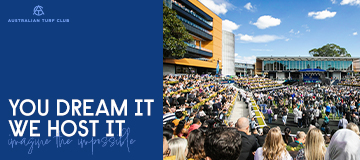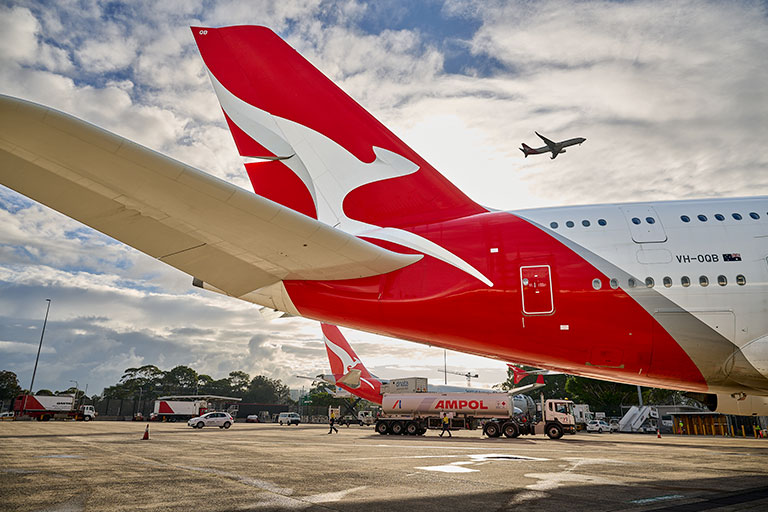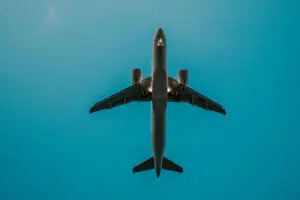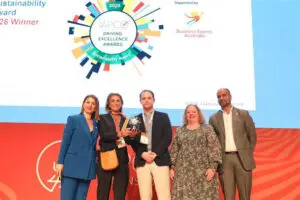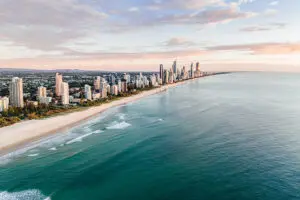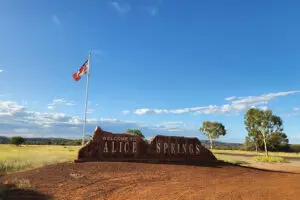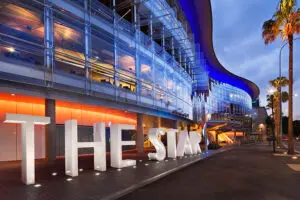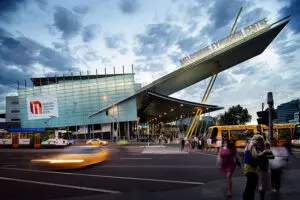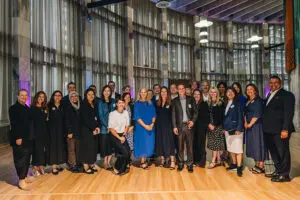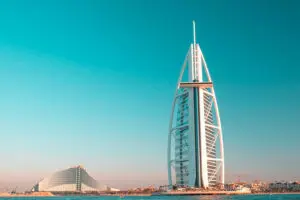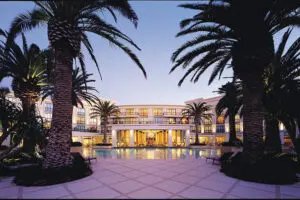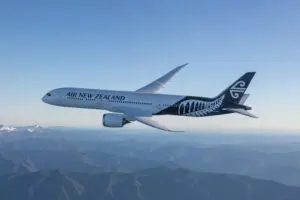The fuel was brought to Australia from Malaysia by Ampol, in collaboration with Qantas and Sydney Airport. The import also had support from Qantas’ SAF Coalition partners.
The amount of fuel brought into Australia, when blended with standard jet fuel at a rate of 18 per cent, could reduce carbon emissions generated by air travel by 3,400 tonnes – roughly the annual emissions produced by 800 cars.
Sustainable aviation fuel is produced from waste and renewable sources. Cooking oil, municipal waste and non-food crops can all be used to create SAF.
The International Air Transport Association (IATA) believes SAF will account for 65 per cent of the emissions reductions required by the global aviation industry to reach net zero by 2050.
Up until very recently, Qantas has been using sustainable aviation fuel on flights departing from international airports outside of Australia as there is not yet an established SAF production industry locally to manufacture the fuel here although there have been announcements of two biofuel refineries and funding to understand the potential for others.
“Sydney Airport accounts for nearly 40 percent of Australia’s total aviation fuel uplift, so we have a big opportunity to be a leader in the development of a domestic SAF industry,” said Sydney Airport CEO, Scott Charlton.
“NSW is uniquely placed to develop this industry, as a major producer of important feedstocks like canola. Most of Australia’s canola harvest currently goes offshore to be turned into biofuels by other nations.
“With the right policy settings at a state and federal level, and governments working in partnership with industry, NSW can become a global leader on SAF – creating local jobs, supporting local industry and fuelling more sustainable flights in the future.”
Qantas CEO, Vanessa Hudson, says a local SAF industry is “key” to the airline’s decarbonisation journey, while also improving fuel security for Australia and creating new jobs.
“As the national carrier, we have a role to play in reducing the impact of air travel on the environment, but we can’t do it alone,” she said.
“We pick up 70 per cent of our fuel in Australia so we’re looking forward to working closely with the government to chart the next course for SAF in Australia.
“The alignment of industry and government will be critical to establishing and scaling an industry here.”
The decarbonisation of the commercial aviation industry is intrinsically linked to the decarbonisation of the business events sector, with some estimates suggesting up to 80 per cent of an event’s emissions come from air travel.
Qantas has been putting its money where its mouth is to try to incentivise a local SAF production industry since 2022 when the airline collaborated with aircraft manufacturer Airbus to establish the $200 million Australian Sustainable Aviation Fuel Partnership.
This month’s mega import of sustainable aviation fuel follows the signing of an MoU between Qantas and Sydney Airport, which will see the two organisations work together to help realise a local SAF industry.
Sydney Airport is targeting a 50 per cent use of SAF from its port by 2050, while Qantas is aiming for SAF to make up 60 per cent of its fuel mix by 2050.



